Tagged with: 2020, Wine Research Centre
Dean’s Message for LFS Community Connects: October 2020
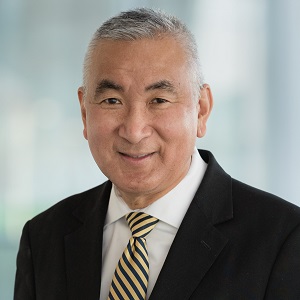
Dean’s Message for LFS Community Connects: October 2020
Hello and welcome to fall!
As this is the month to give thanks, I wanted to write about some of the things for which I am grateful.
To start, our LFS Mentorship program has taken off this year. We’ve hit a record number of mentors (118) who are guiding our undergraduate students and if you’re one of those who’ve volunteered your time, THANK YOU! Entirely virtual this year, we have mentors who are connecting with us from Cairo, Paris and Hong Kong, among other places!
Also, I’m very pleased that our faculty members have continued to win awards and research funding. Some of these include a prestigious Research Trainee Award from the Michael Smith Foundation for Health Research for Postdoctoral Research Fellow Larissa Rossen. Working with supervisor Yvonne Lamers, Larissa is looking at toddler nutrition and neuro-cognitive development at UBC and BC Children’s Hospital Research Institute.
Faculty member Tamara Cohen won an Insight Development Grant from the Social Sciences and Humanities Research Council of Canada to develop a self-monitoring app to assess an individual’s dietary behaviour according to the new Canada Food Guide.
One of the last things that I am thankful for is our steady enrolment of students to date. The final enrolment figures will be out next month and, except for a possible slight drop in the number of international students, we’ve seen strong interest from students to start and continue their studies in LFS.
I hope you are doing well. Stay safe and take care.
Rickey Yada
Professor and Dean
Tagged with:
Reporting Data to Inform Better Daiya Foods Products
Reporting Data to Inform Better Daiya Foods Products
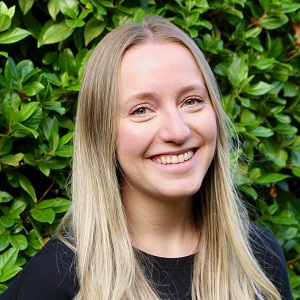
| Name | Lauren Rappaport |
| Grad Year | 2016 (BSc), 2017 (MFS) |
| Program | Masters of Food Science (course) |
| Major | Food and Nutritional Sciences (Double Major) |
| Title | Sensory & Consumer Research Technologist |
| Company | Daiya Foods |
October 8, 2020 – Lauren Rappaport is a Sensory & Consumer Research Technologist with Daiya Foods. As part of the Research & Development team, she is responsible for designing, collecting, analyzing and reporting sensory & consumer data. Her role is to provide actional guidance and recommendations to cross functional teams based on consumer research and product testing as they relate to innovation, quality systems, continuous improvement and consumer insights.
How did your academic experience prepare you for your current job?
The food science program at UBC covers a wide array of topics which provided me with a very strong foundation of knowledge. The hands-on learning experiences available through the LFS program provided me with the opportunity to learn how to apply that knowledge which in turn helped set me up for success in my career. In addition, the LFS faculty puts emphasis on the importance of group projects and working with others. The skills learned through those experiences helped prepare me for my job which involves collaborating with a cross functional team.
How did you envision your career journey would be when you started university? And how did that evolve?
When I first started university, I didn’t entirely know where I would end up. I knew I had a passion for science but hadn’t figured out what route I wanted to pursue. I had bounced between thinking about Medicine, Physiotherapy, Dietetics among others. I started in Nutritional Sciences hoping that it would prepare me for any future science-based programs post undergrad. It was while on exchange in England in my 3rd year where I first took a food science course that focused on Sensory Evaluation. This class sparked an interest and allowed me to gain exposure to a side of the food industry that I wasn’t aware of before. After returning home, I added the Food Science Major to my degree where I quickly learned that I had a passion for Research and Development and knew that was a career I wanted to pursue.
What does an average day at work look like for you?
Every day is very different in my job! However, on a typical day I attend several meetings with different teams regarding ongoing projects as well as leading and participating in tasting meetings to assist with product guidance. I also spend time coordinating and designing surveys for product testing in addition to report writing based on the data collected.
What are some accomplishments or highlights of your career that you are most proud of?
I am proud to have been involved in the development and launch of some of Daiya’s recent products. I have been given the opportunity to travel around North America to test our food products with consumers to ensure the success of our products on the market.
What one piece of advice would you give to current students before they graduate?
Explore networking opportunities, gain exposure to life outside of university through coop, volunteering or work experience, get involved in campus life and take advantage of the hands-on learning experiences that are available to LFS students. Classroom learning provides a great foundation but it’s really the hands on work that will help prepare you for whatever you take on post graduation. I have learned that the food industry in Vancouver is a small, tight knit community, building connections and networking can help make the transition a lot easier.
Tagged with: Alumni, Food Nutrition and Health
Upholding Quality Standards at Ferrero Canada
Upholding Quality Standards at Ferrero Canada
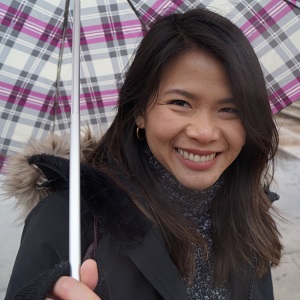
| Name | Arisa Thamsuaidee |
| Grad Year | 2014 (BSc) |
| Program | Bachelor of Science in Food, Nutrition, and Health |
| Major | Food and Nutritional Sciences (Double Major) |
| Title | Former Junior Quality Specialist |
| Company | Formerly: Ferrero Canada (Ferrero Rocher and Nutella) |
October 8, 2020 – Arisa Thamsuaidee is a former Junior Quality Specialist with Ferrero Canada. In her role, she worked with operations to ensure that the products meet the food safety and quality standards by engaging in the decision making process and continuous improvement activities.
How did your academic experience prepare you for your previous job?
The food science courses like food chemistry, food microbiology, and food process science provided the foundation for understanding the concepts. Labs and co-op experience applied these concepts and really helped me to prepare for the industry. I also felt that in LFS we tend to promote group work and problem-based learning with students from other disciplines. I did not always enjoy it back then but now I can see that it was preparing me for the real world.
How did you envision your career journey would be when you started university? And how did that evolve?
I in fact started my first year of university in the Faculty of Science but due to my love of food decided to transfer to LFS, and since then I have never looked back. I truly enjoyed my time in university and immersing myself in the academic world but at the time I was also unable to see beyond a limited number of career paths that I imagined for myself. After working for a local company, for multinationals, for universities and even briefly for a non-profit, I started to realize that endless possibilities are out there for those of us with background in food and nutrition.
In your previous job, what did an average day at work look like?
Not every day was the same but I would typically check in with my supervisor and team to see whether there are urgencies to be addressed for the day. It could involve investigations at the production line, providing an inspection plan, interpreting lab results, or performing data extraction. I met daily with production and other supporting departments to discuss KPIs from the previous day. On quieter days I worked on quality improvement projects, updated documents, and occasionally arranged training for the operators. I also managed the consumer complaint database so I was able to see the full circle as to what happens to the product after it leaves the plant. And I got to taste chocolate, of course – as part of the weekly sensory panel.
What are some accomplishments or highlights of your career that you are most proud of?
During the COVID-19 pandemic, food manufacturers continued to operate as an essential service. While we are not as visible as those in the health sector, I am proud of all my colleagues who showed up every day in the plant, many on a rotating shift schedule. I am also proud of my company for taking all the possible measures to ensure that we felt safe in the work environment.
On a personal level, I am very proud of my international experience. I was born in Asia. I grew up in Canada and completed my Bachelor’s degree here. After working for a few years I received a scholarship for a Joint Master’s degree in Europe where I had the opportunity to live and study in Belgium, Portugal, Germany, and Ireland. The experience has become a part of my identity and has made me much more adaptable and open-minded as a person. Much of this happened because I simply decided to pursue what I love.
What one piece of advice would you give to current students before they graduate?
Try everything. Get involved in initiatives, volunteer, join co-op, go on exchange. There are skills that can be developed outside of lectures and not to mention the wonderful and valuable connections you will make.
Tagged with: Alumni, Food Nutrition and Health
Melanie Liu
Melanie Liu
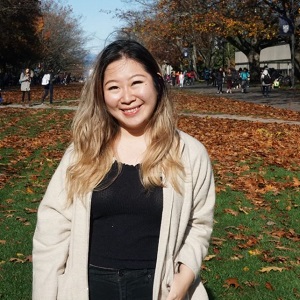
About
| Undergraduate | |
| Program | Bachelor of Science in Food, Nutrition and Health |
| Major | Dietetics |
| Hometown | Burnaby, BC |
Melanie's perception of health and her relationship with food was shaped by her time in LFS, and through her Work Learn and volunteer experiences, she advocates for why it is important to study food and nutrition issues, and to ensure we can develop a more food-sustainable future. Through courses Melanie takes as a Dietetics major, she develops the tools necessary to help address health inequities in her local community.
What are three adjectives that describe you?
Empathetic, warm and open
Why did you transfer in to the Faculty of Land and Food Systems?
My path to finding LFS is not as linear and simple as my decision to apply to UBC. I initially applied and got accepted into the Faculty of Science. I chose to specialize in Biochemistry in my second year and I really struggled with conflicting feelings as it was hard for me to accept that I wanted to find a program that allowed me to apply what I was learning in a different way. During this time, I was taking FNH 250 and FNH 200 as electives. I fell in love with human nutrition and food science really intrigued me. I knew I wanted to pursue a career where I can use my science background, but also work in a health care setting that provides me with the opportunity to work with vulnerable communities and make a difference in their lives.
After doing some research, I decided to take a leap of faith and apply to transfer into the Food, Nutrition and Health (FNH) program in LFS. My transition was made a lot easier through the support of my biochemistry advisor as well as the team of advisors in LFS Student Services. While it was a challenge to recognize when something wasn’t working out and start back at the beginning, discovering what I am truly passionate about was a very rewarding experience when I look back on that decision.
What has been the benefit of getting involved on campus?
Being able to join and become integrated in communities within and outside of UBC has shaped my confidence and contributed a lot to my personal growth. The shift towards focusing on mental health, and to not let my grades alone define me has been a continuous effort that has been made a lot easier with the support from these diverse communities.
Whether it was practicing yoga and kickboxing on a weekly basis, attending Day of the Longboat as a yearly tradition with UBC Rec, or participating as a Jump Start Orientation Leader – I had the best time developing close bonds and forming lifelong friendship. Going out to explore and try new things has taught me resilience, being mindful, and that it’s okay to try new things and not be that great at it.
What is the best thing about your learning experience in LFS?
My learning experience in LFS as being very collaborative and hands on. We have opportunities in class (such as LFS 350), in which we work in small groups and build connections with community partners to create real change. In addition, we also have a small Faculty so many of the professors that have taught me in my first few years will also be my professors in my courses in my later years. This has provided me with the opportunity to receive lasting mentorship and guidance that follows me throughout my degree.
What advice would you give a high school student considering applying to LFS?
I would tell them if they have a passion for addressing social issues using their science background. LFS is a great Faculty to get involved in by working in collaboration with students in all programs and between Faculties in order to combat local and global issues. I would also recommend high school students to take the initiative to come to Faculty open house events and school tours to talk to students and faculty members in person. While doing the research at home and reviewing the UBC website is great, the in person conversations can reveal more opportunities and details you may not find online.
Interested in studying in the Faculty of Land and Food Systems? Learn more here!
Tagged with: Dietetics, Food Nutrition and Health, Undergraduate
Thorsten Knipfer
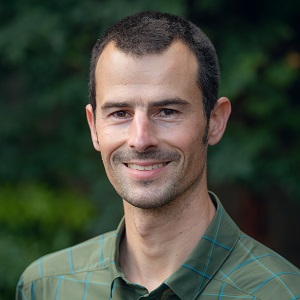
Thorsten Knipfer
Assistant Professor, Applied Biology (Plant Physiology)
604-827-0929
MCML 321
https://www.frontiersin.org/research-topics/19108/plant-water-relations-for-sustainable-agriculture
2016 - 2020: Assistant Project Scientist, Department of Viticulture and Enology, University of California, Davis, USA: The water potential (WP) curve - a new approach to determine stomatal closure and turgor loss / physiological phenotyping using cutting-edge microCT imaging and traditional measurement tools.
2011 – 2016: Postdoctoral Research Associate, Department of Viticulture and Enology, University of California, Davis, USA: Drought-induced changes in xylem function and 3-D visualizations using X-ray computed tomography and.
2011 Ph.D., School of Biology and Environmental Science, University College Dublin, Ireland: The link between cell and root water relations and aquaporin activity using pressure probing and molecular tools.
2007 Diploma (M.Sc.), Department of Plant Ecology, University of Bayreuth, Germany: Effect of solute accumulations on water uptake properties of corn roots.
My research program is fascinating because it allows us to obtain an advanced understanding of drought stress responses of woody perennial crops at micro- and macroscopy level using a combination of cutting-edge and traditional research tools. The goal of my research is to determine the spatiotemporal coupling of organ and cell specific processes that govern whole-plant performance under water stress by drought and following soil rehydration. This information will provide the foundation for (i) developing advanced strategies for the selection of crop genotypes with improved drought resistance (‘physiological phenotyping’) and (ii) for creating management practices that allow for sustainable crop production through water savings.
Projects:
- Dynamics of changes in xylem transport, storage and viability (X-ray computed tomography, fluorescence light microscopy).
- Stress thresholds and the sequence of drought-induced physiological events (WP curve method).
- Regulation of cell and root water relations under drought and its impact on whole-plant performance (pressure-probe methodology).
- Physiological phenotyping to identify crop genotypes that allow for sustainable agriculture through water savings (greenhouse-based screening platform).
Please contact me via email to find out more about MSc and PhD opportunities and research news.
See Google Scholar or Research Gate for a full list of publications.
Knipfer T, Bambach N, Hernandez MI, Bartlett MK, Sinclair G, Duong F, Kluepfel DA, McElrone AJ. 2020. Predicting stomatal closure and turgor loss in woody plants using predawn and midday water potential. Plant Physiology doi: 10.1104/pp.20.00500.
Knipfer T, Reyes C, Momayyezi M, Brown PJ, Kluepfel D, McElrone AJ. 2020. A comparative study on physiological responses to drought in walnut genotypes (RX1, Vlach, VX211) commercially available as rootstocks. Trees 34: 665-678.
Knipfer T, Reyes C, Earles JM, Berry ZC, Johnson D, Brodersen CR, McElrone AJ. 2019. Spatiotemporal coupling of vessel cavitation and discharge of stored xylem water in a tree sapling. Plant Physiology 179: 1658-1668.
Knipfer T, Cuneo I, Brodersen C, McElrone AJ. 2016. In-situ visualization of the dynamics in xylem embolism formation and removal in the absence of root pressure: A study on excised grapevine stems. Plant Physiology 171: 1024-1036.
Knipfer T, Besse M, Verdeil JL, Fricke W. 2011. Aquaporin-facilitated water uptake in barley (Hordeum vulgare L.) roots. Journal of Experimental Botany 62: 4115-4126.
Embark Initiative Postgraduate research scholarship, Irish Research Council for Science, Engineering and Technology.
Plant-Water Relations for Sustainable Agriculture (Frontiers of Plant Science, Topic Editors T Knipfer & I Cuneo):
Now open for paper submissions: https://www.frontiersin.org/research-topics/19108/plant-water-relations-for-sustainable-agriculture
Scholander-type pressure chamber:
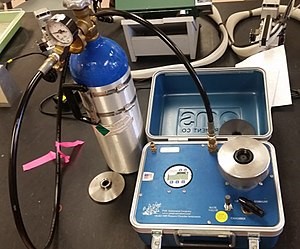
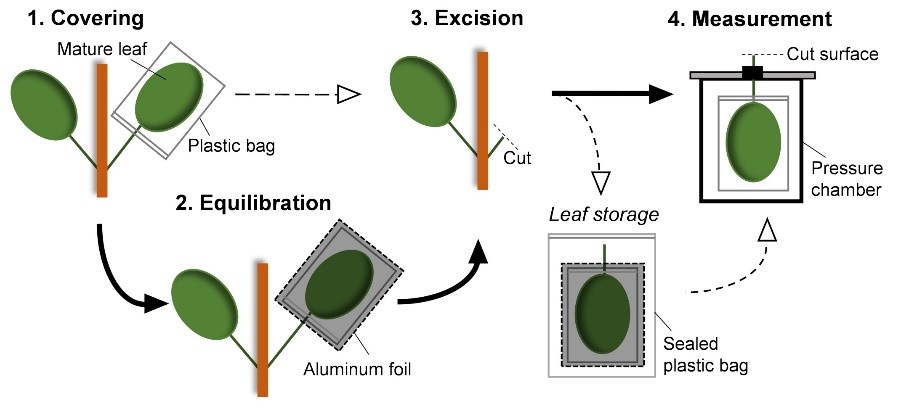
X-ray computed tomography and 3-D imaging (https://bmit.lightsource.ca/)

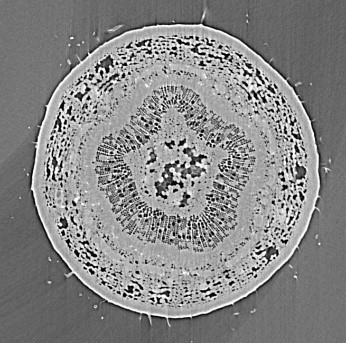
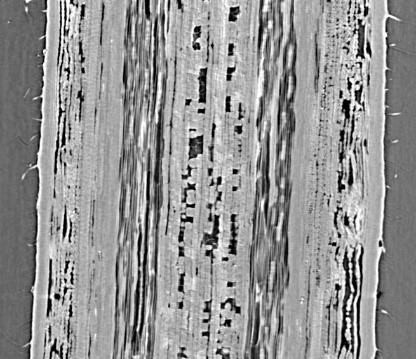
Fluorescence light microscopy – cell viability and apoplastic barriers:

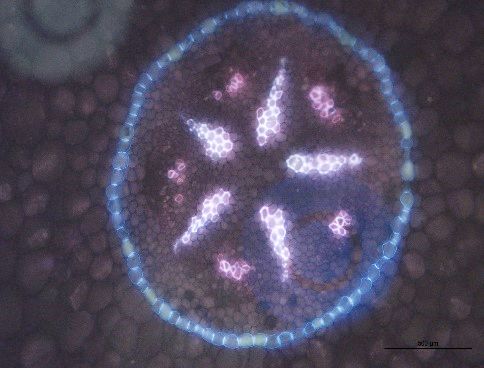
Tagged with: Applied Biology, Faculty, Plant Science, Sustainable Agriculture and Environment
Assistant Professor Tamara Cohen Receives SSHRC Insight Development Grant
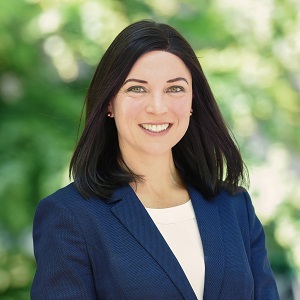
Assistant Professor Tamara Cohen Receives SSHRC Insight Development Grant
Dr. Tamara Cohen, an Assistant Professor in the Food, Nutrition and Health program and the Director of the Dietetics program, has received an Insight Development Grant from the Social Science and Humanities Research Council of Canada (SSHRC). Her project will look into the development of a diet self-monitoring tool for assessing dietary behaviours according to the new Canada’s Food Guide.
Insight Development Grants support research in its early stages. They enable the development of new research questions, as well as experimentation with new methods, theoretical approaches or ideas. Funding is provided to individuals or teams for projects of up to two years.
In total, thirty-five projects being led by UBC researchers have been awarded $2.1M in grants. See the full list here. A total of over $32 million was awarded to researchers from sixty-nine Canadian institutions.
Tagged with: 2020, Awards, Dietetics, Faculty, Human Nutrition
Rachel Ma
Rachel Ma
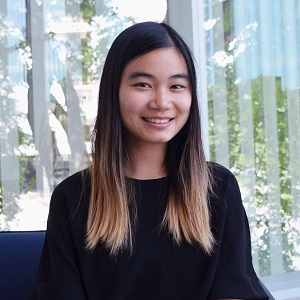
About
| Undergraduate | |
| Program | Bachelor of Science in Food, Nutrition and Health |
| Major | Food, Nutrition and Health |
| Hometown | Burnaby, BC, Canada |
Because of the small and friendly community in LFS, Rachel has gotten involved in many different activities and student groups, all while being able to study what she loves. The flexibility of the Food, Nutrition and Health major in the Bachelor of Science in Food, Nutrition and Health degree offers Rachel the opportunity to explore electives outside of LFS to supplement her learning in nutrition. Some of her favourite non-LFS courses are Psychology courses, which Rachel finds help her to better understand sociocultural perspectives in her FNH classes.
What are three adjectives that describe you?
Compassionate, introspective and resilient
Why did you choose to come to LFS at UBC?
Beyond its reputation for academic excellence, research efforts and diverse international community, I chose UBC because it is an institution committed to tackling current and global issues. Being in LFS has taught and continually challenged me to employ systems-thinking when discussing topics that I care deeply for, such as food security, public health and sustainability. I feel supported in an integrative and collaborative learning environment with driven individuals who are dedicated to making a positive impact in our community.
What is one resource that has helped you during your time in LFS, and why should others be aware of it?
UBC Student Assistant Program (SAP) is a confidential and resourceful mental health service that all UBC students are able to access. Their 24/7/365 phone lines connect you with a trained counsellor to meet a wide range of health and wellness support for students. As much as it is important to prioritize academics and involvements, I strongly believe that nurturing our mental health is a vital element for success as well.
What motivated you to get involved on campus?
Coming to UBC, I was a very academically-focused individual. But it was this tight-knit Faculty that provided me the inspiration and opportunities to contribute as a student leader in the LFS Undergraduate Society (LFS|US) and as a Senior Orientation Leader for Imagine UBC (I am beyond excited to represent LFS and welcome all our new students), as well as in my local community. I also look forward to being part of the LFS ACE (Academic and Career Engagement) Team this year to support student development. Through work and volunteering, I have been able to leverage the knowledge and theories that I learn in class into practical use. My extracurricular involvements, such as the LFS Mentorship program and volunteering at Agora Cafe continue to offer me new perspectives and the space to cultivate versatile leadership, organizational and communication skills.
Although not really a factor in 2020, how do you normally make the most of your commute?
I have been a commuter student since day one, which poses two major challenges – time management and staying connected with my peers. However, it was also through this experience that I learned to effectively prioritize my time and mindfully dedicate my efforts to causes and organizations that I am most passionate for. I often spend my mornings on the bus eating breakfast, listening to music and reading, and there is nothing like taking a bus nap after a long day of classes on campus! I'm learning how to adapt to an online learning environment just like everyone else this year, though. I'm checking out Keep Learning UBC for tips and support to ensure I can be just as successful and engaged in my classes this year.
Interested in studying in the Faculty of Land and Food Systems? Learn more here!
Tagged with: Food Nutrition and Health, Undergraduate
Community Builder Roxana Quinde Wins President’s Staff Award
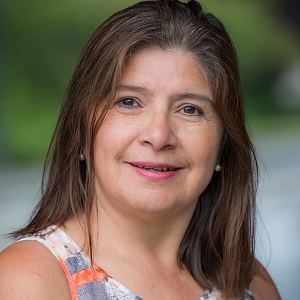
Community Builder Roxana Quinde Wins President’s Staff Award
Sept 3 – Roxana Quinde has won a UBC President’s Staff Award for Community Engagement. For the last 20 years, she has fostered global links to universities and organizations for student exchanges, and has been a strong community builder on campus.
Quinde became a full-time staff member in the Faculty of Land and Food Systems in January 2000 when she was hired as Coordinator, Global Partnerships, a role that she continues today. In addition, she plays a pivotal role in the undergraduate Global Resource Systems (GRS) program as its Coordinator.
The GRS program launched in 2003 and uses a unique academic model that is student-centred – students design their own academic program based on their passions and interests. They gain an understanding of natural and agricultural resources from an international and interdisciplinary perspective.
This creates the need for someone to guide students adeptly through international partnership agreements, UBC-wide academic electives, and who has cultural sensitivities in spades – that person is Quinde!
“Roxana’s support has been a defining factor in my academic and professional success,” says Iva Jankovic, GRS alumni and founder, Buddy Systems Consulting. “She has written me countless reference letters and helped me access scholarships, learning exchanges, and job opportunities that have shaped me as an academic and professional.”
Students hold Quinde in such high regard that they elected her Honorary Grad Class President in the 2006-07, 2008-09 and 2009-10 academic years.
Quinde has also been innovative in developing a community of learners within the GRS program. She’s been a catalyst in a 3-credit, two-term course that lays a foundation for all GRS students. This course provides an opportunity for students to address global issues by meeting guest speakers and alumni, and holding student-led workshops. It is very common for students to keep coming back after they have met the course requirements. The result is an appreciation for diversity, culture, religions and global citizenship.
She’s also introduced activities to integrate students into UBC student life. These events enable students to work closely with each other outside of the classroom, which in turn has led to increased interaction among students within the classroom and around the UBC campus and the wider community.
“As the program coordinator of Global Resource Systems, Roxana does an amazing job of building a sense of community and engagement among students in the program,” says Jankovic. “From organizing potlucks, to connecting students to one another, to fostering an alumni community, Roxana is known widely as the heart and soul of the Global Resource Systems program.”
Tagged with: Awards, Faculty, Global Resource Systems
Lizzie Yan
Lizzie Yan
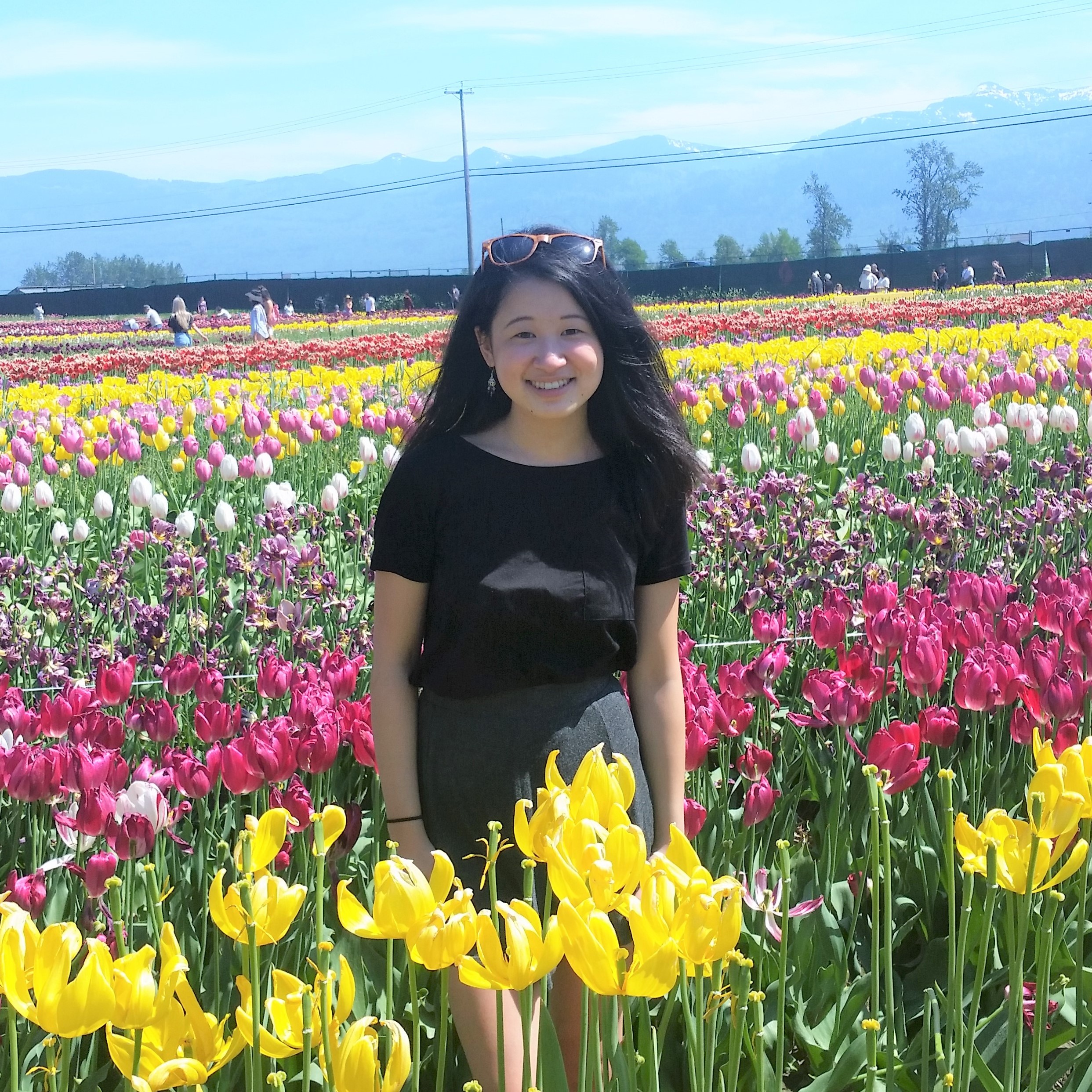
About
| Undergraduate | |
| Program | Bachelor of Science in Food, Nutrition and Health |
| Major | Dietetics |
| Hometown | Richmond, BC, Canada |
Lizzie came to LFS to study nutrition and pursue her dream of becoming a Registered Dietitian. Lizzie appreciates that no matter what major you're studying in LFS, we "tackle global issues with an evidence-based background in science. Our programs are incredibly diverse. If you have a passion for science, food, animals and/or sustainability (hopefully all four!), this is the right place to begin your journey to change the world." She is involved in many different activities and student groups in LFS, and looks forward to meeting new students at Imagine UBC this fall.
What are three adjectives that describe you?
Approachable, passionate and resourceful
What drew you to LFS at UBC?
I wanted to feel challenged, supported and engaged as a student. Besides UBC’s beautiful geographical location and commitment to supporting student success and well-being, I fell in love with LFS. After I attended a spring event called UBC Welcomes You, I was attracted to the deep sense of community and peer and faculty support in LFS. By choosing LFS at UBC, I am able to achieve a well-rounded university experience.
What were you most excited and nervous about heading in to first year?
For me, it was finding a sense of belonging and community within LFS. In the summer before school started, I was always worried about fitting in and finding peers I could rely on. This worry shattered immediately after attending Imagine UBC – here I met some of my best friends, who are still my best friends today. From then on, I realized that the small but tight-knit community within LFS was what made my university experience so unforgettable. You’ll recognize so many faces in the Agora basement!
What have been your favourite classes so far?
Two classes have been life-changing for me.
FNH 355: International Nutrition with Dr. Candice Rideout was one of the most inspirational courses I have ever taken at UBC. It gave me insight into how malnutrition (undernutrition and overnutrition) has an impact on the world. We studied complex issues surrounding women and food security, micronutrient deficiencies, and the problem with increasing population growth – these are all real issues happening today! There are no restrictions to this class; you only need to be third year standing or higher. Why? Diverse perspectives are necessary to combat complex global issues.
FNH 371: Human Nutrition Over the Lifespan with Dr. Jennifer Black is my other favourite class of all time. This class made me realize that no matter your age, our nutrition will always impact our health and well-being. Each life stage has specific nutrient requirements, what you need as an infant is very different from what you need as an adult. We take what we learn in class and then can apply it to promote the health and well-being of ourselves, friends, families and our broader community.
How have you gotten involved in LFS and what impact has that had on you?
A lot of people would say they first saw me while doing an announcement in one of their classes. My roles in the Land and Food Systems Undergraduate Society (LFS|US) and LFS Firsts have allowed me to connect and work closely with my fellow LFS peers and staff. I've been working as a Senior Orientation Leader and helped build the LFS ROOTSS content for first years and transfer students to help with their registration questions! I also participated in the LFS Mentorship program for the past two years, and it has helped me build a lot more confidence. These experiences have really transformed my problem-solving, communication, leadership, organizational and planning skills. As a result, I feel more confident in applying these skills to practically any job setting after graduation.
Interested in studying in the Faculty of Land and Food Systems? Learn more here!
Tagged with: Dietetics, Food Nutrition and Health, Undergraduate